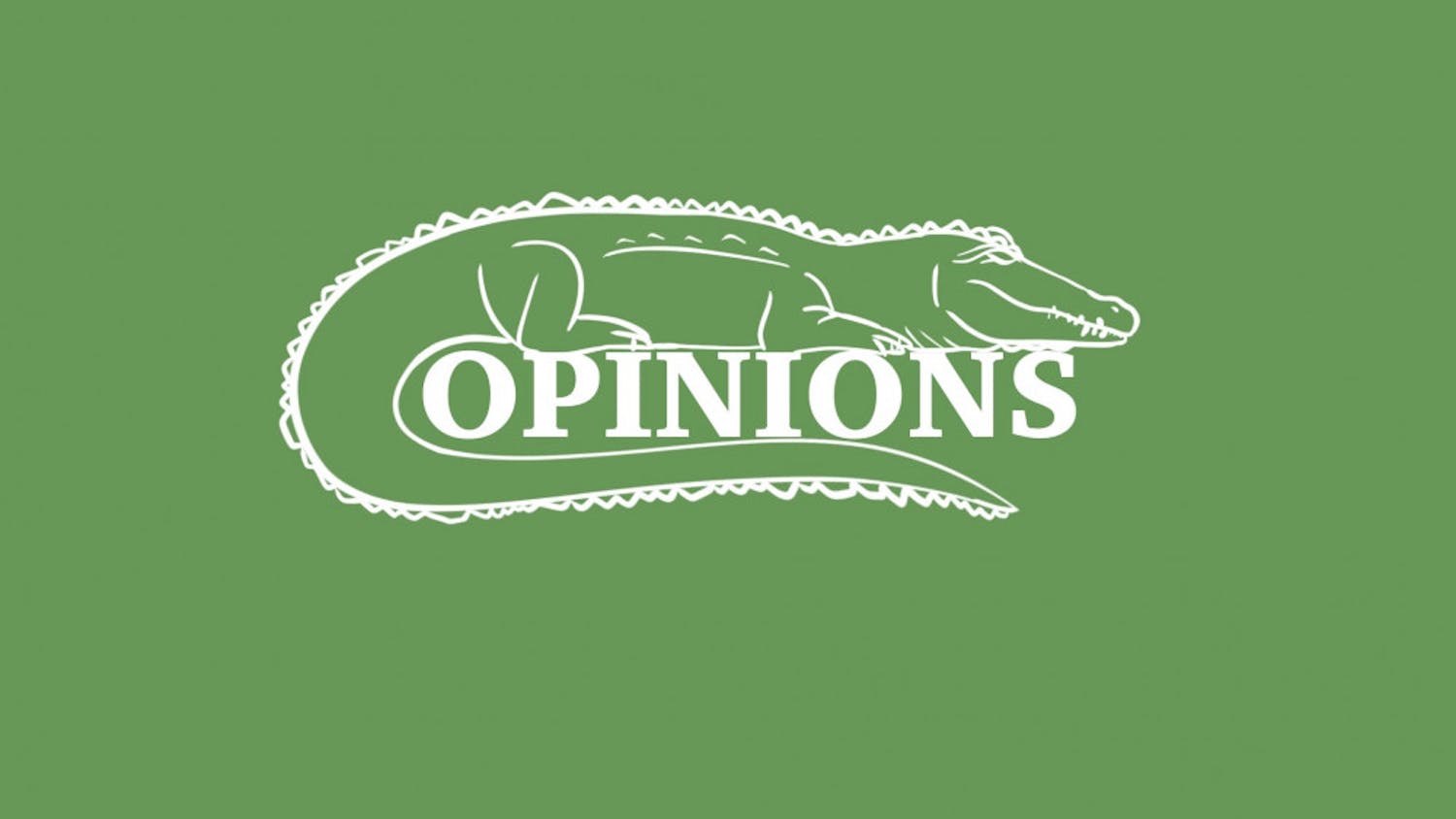Residents of troubled nations like Afghanistan, Somalia and Iraq face daily struggles that can sometimes mean life or limb. So it would stand to reason that an extra pat down at the airport would seem inconsequential, even trivial, to someone with such an intimate knowledge of what real hassles are.
But a recent push by the U.S. for tighter security on international flights — essentially an extra pat down and carry-on bag search – has drawn harsh criticism.
On Monday, these measures were put in place in response to a Nigerian man’s attempt to ignite explosives on a Detroit-bound flight. According to the Associated Press, 14 countries were named in the new guidelines, including official state sponsors of terror such as Iran, Cuba, Sudan and Syria.
While the security risk posed by those few flights originating in Cuba is essentially zero, passengers from the other countries named may represent a legitimate threat to the U.S. These include Yemen, Libya, Nigeria and Lebanon; major acts of terrorism have been carried out or attempted by individuals from these countries in the recent past.
Critics raise the point that the attack that brought on this increased security originated in Amsterdam. It is true that any flight, regardless of its origin, could be a target.
But the choice to focus limited resources on those countries that pose the highest risk is wise, especially given the relatively poor security measures previously in place in these countries.
Given this narrow focus, the Nigerian Information Minister Dora Akunyili said Monday that these guidelines are discriminatory. Parallels are drawn to racial profiling, a subject with which U.S. security agencies, as well as the Transportation Security Administration in particular, have had a troubled past.
But the measures affect all passengers from those countries listed, regardless of race or ethnicity. Further, according to NPR, terrorist organizations like al-Qaida are broadening their recruiting efforts to individuals not fitting “the profile” — adolescent males of Middle Eastern descent. As the number of would-be terrorists who don’t fit this profile grows, racial-profiling (whether it’s moral or not) will be increasingly ineffective. This only furthers the need to focus on those countries where terrorist attacks are most likely to originate.
It is unfortunate that any group or nationality must be singled out for enhanced security. This profiling is antagonistic and may even contribute to perceptions of America as closed-minded or even prejudiced.
But when there are limited resources to accomplish such a daunting task as preventing terrorist attacks, an additional pat down or inspection is reasonable.
By focusing its efforts, the TSA is not assessing undue blame on these countries but rather fulfilling its obligation to the American people by pointing its flashlight (hopefully not just a metaphorical flashlight) where it’s most likely to produce results.
The burden is now on the Obama administration to build goodwill with the international community in spite of these increased security measures. Hopefully as anti-America sentiments decrease, so too will the need for such profiling.





